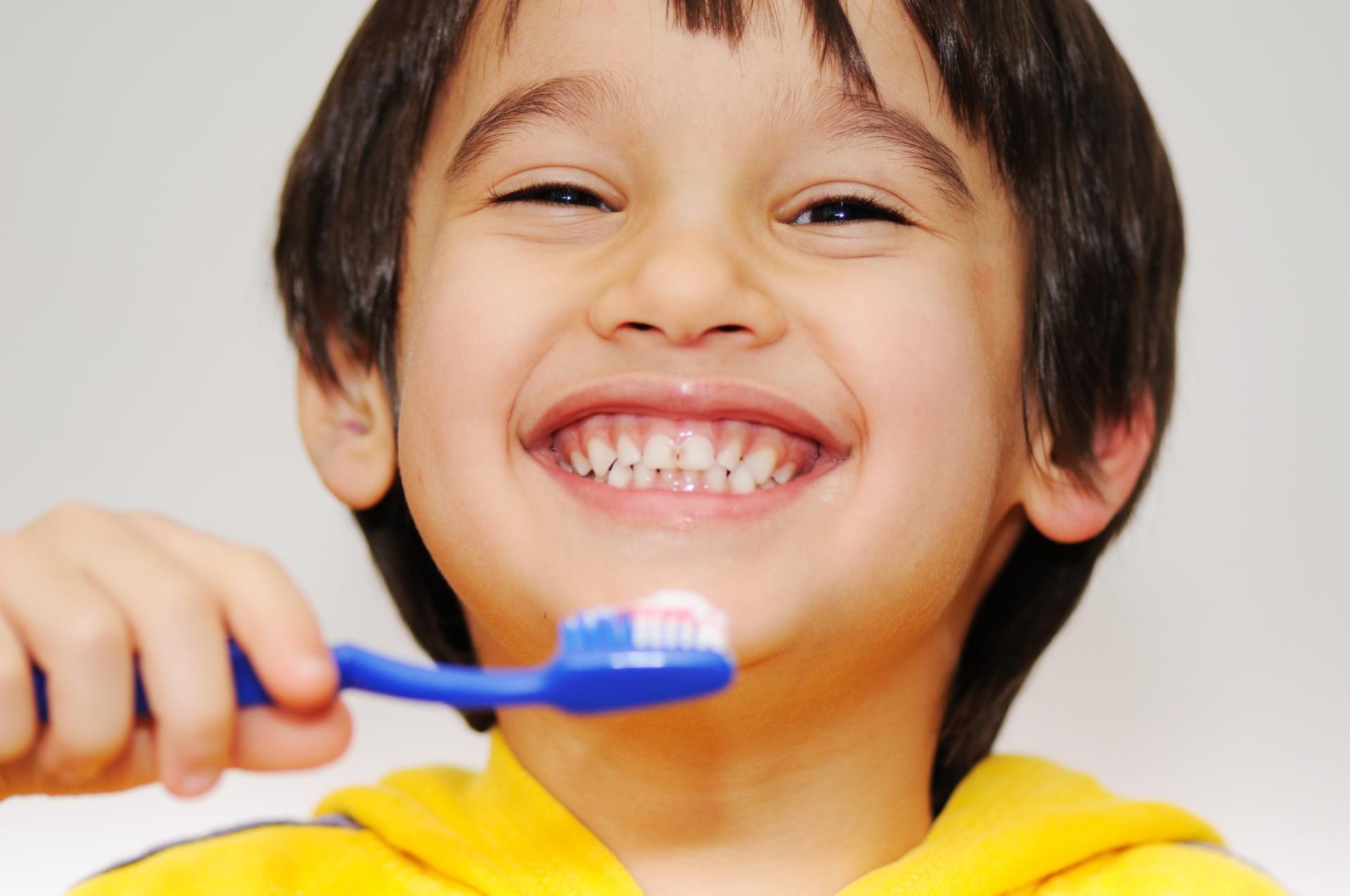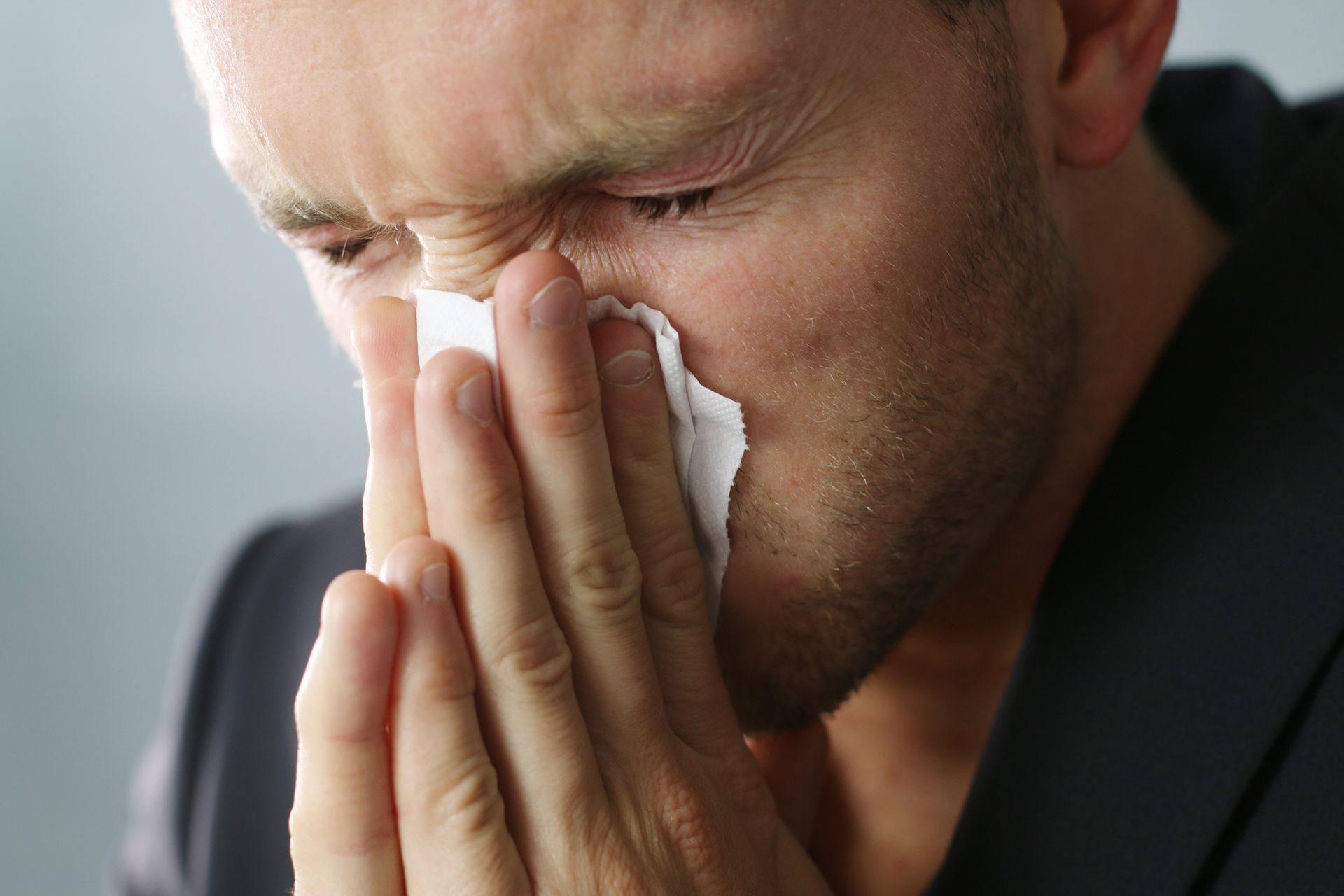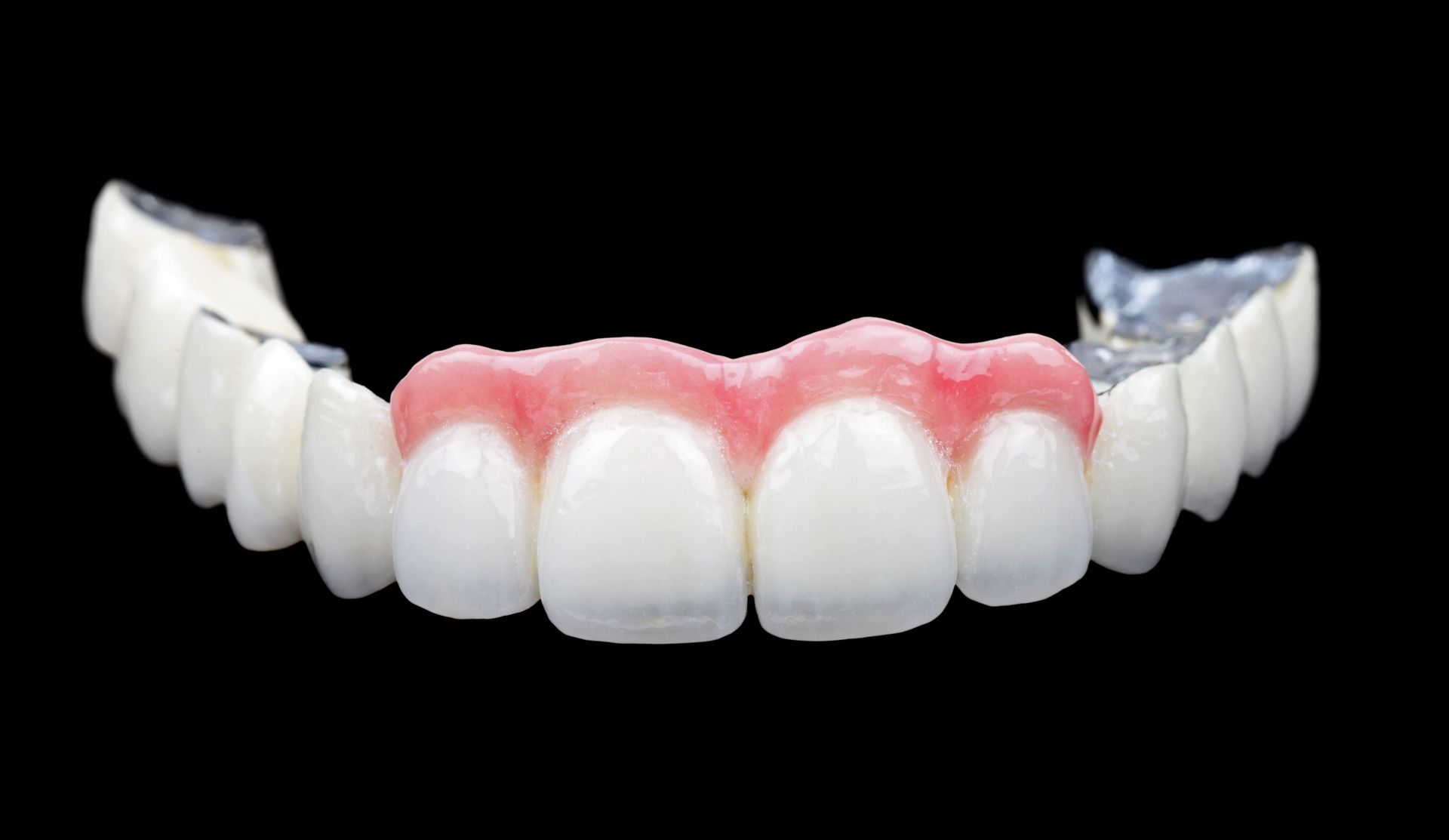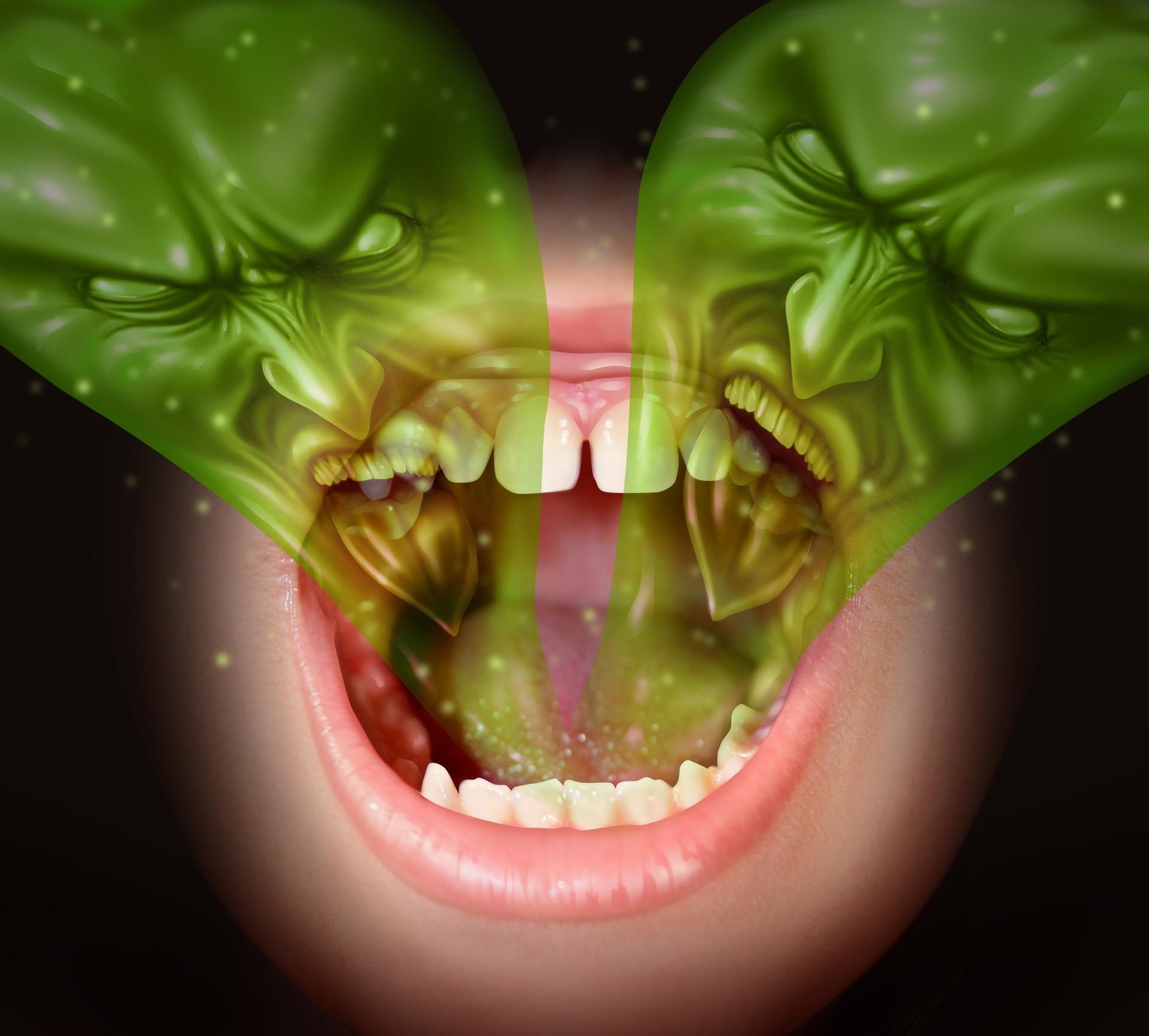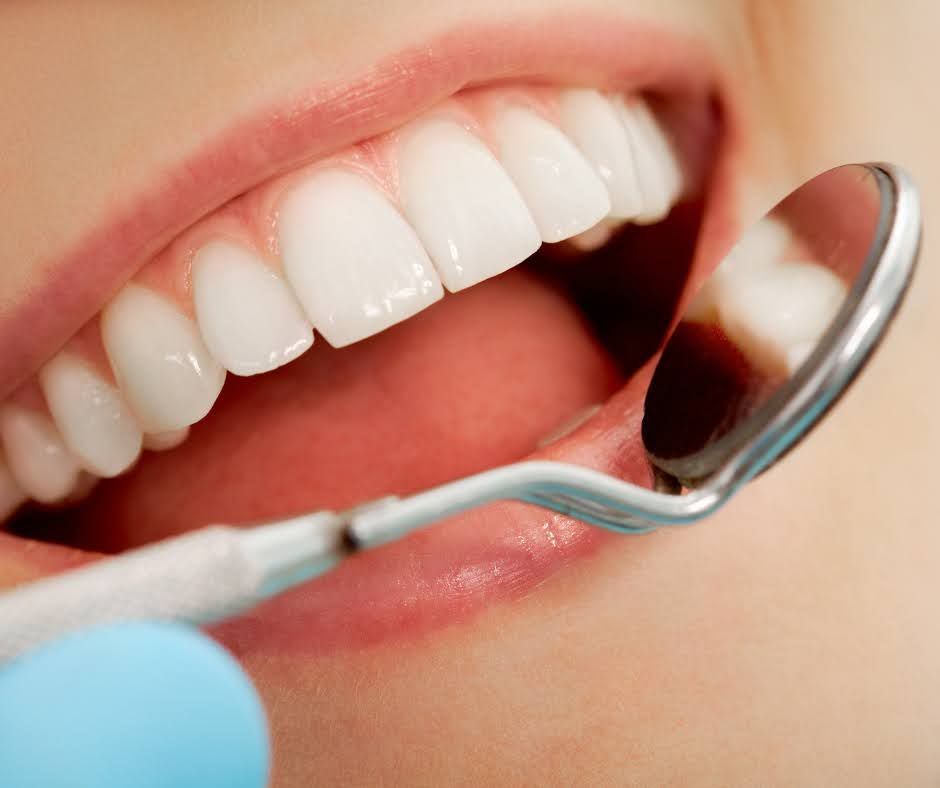THE DO'S AND DON'TS OF PEDIATRIC FLUORIDE USE
Does your child get enough fluoride to maintain a healthy mouth? Fluoride can protect teeth and help to fight cavities. If you're not sure why your child needs fluoride or how to make sure they get the right amount of this mineral, take a look at the do's and don'ts of pediatric fluoride use.
Do Start With the Dentist
Your child's dentist is the first line of defense against oral issues such as enamel erosion, dental decay, and gum disease. Not only can the dentist examine your child's teeth, gums, and mouth, but they can also help you to learn more about the benefits of fluoride.
If you're not sure what type of fluoride your child needs and how much they should use, talk to the dentist. A pediatric dentist has the knowledge, training, and experience to assess your child's individual fluoride needs, recommend sources, and treat your child with topical fluoride supplements.
The dentist may recommend a topical fluoride treatment during your child's dental visit. This option provides a higher level of fluoride and comes in foams or gels.
Don't Skip Tap Water
Water is a healthy beverage - especially in comparison to sugary sports drinks, juices, and soda products. Even though bottled water is a better choice than enamel-eroding soda or cavity-causing sugar-added juices, it doesn't contain the fluoride your child needs.
Dietary fluoride can strengthen dental enamel (the hard outer layer of the tooth) before your child's teeth break through the gums. This type of fluoride, along with topical products, can also remineralize weakened teeth and reduce the risks of dental decay. While you won't find a significant source of fluoride in the food your child eats, you can find it in tap water.
Fluoride occurs in natural water sources - but not in a concentration high enough to impact your child's dental health. This is why most municipalities add the mineral to public tap or drinking water sources. According to the U.S. Centers for Disease Control and Prevention (CDC), 73 percent of community water systems used fluoridated water in 2018.
If your child only drinks bottled water, they might miss out on the dental benefits of fluoride. Instead of pre-packaged plastic bottles, fill a reusable container with tap water for your child to sip when they're thirsty.
Do Use the Right Toothpaste
While fluoridated tap water can help to strengthen and remineralize your child's teeth, it isn't the only way your child should get more of this mineral. Choose a toothpaste that contains fluoride to maintain your child's dental health.
While a fluoride-containing paste is an important step in your child's healthy mouth routine, they shouldn't overuse the product. Children and adults should never swallow a toothpaste product. But this doesn't mean your young child won't do so accidentally.
Excessive fluoride ingestion from accidental or intentional swallowing can cause fluorosis. This is a cosmetic condition that results in permanent staining of the teeth. Some children with fluorosis may have a mild form of the condition that causes white flecks, spots, or lines. Severe fluorosis can cause pitting in the dental enamel or brown stains.
To reduce the risk of fluorosis, teach your child how to brush properly and supervise brushing sessions. Instead of an adult-sized dollop of paste, the American Dental Association (ADA) recommends that children three and under should use a rice grain-sized smear. Between the ages of three and six, children can use a pea-sized amount of a fluoride-containing toothpaste product.
Do you need to schedule a dental office appointment for your child? Contact the office of
Carlino & Paton, DDS PC, for information on our pediatric dental services.
Contact Information
Address: 51190 D W Seaton Drive New Baltimore, MI 48047
Phone: 586-725-9898
Fax: 586-725-4470
Business Hours
Monday: 9:30 am - 6:00 pm
Tuesday: 9:00 am - 6:00 pm
Wednesday: 9:00 am - 6:00 pm
Thursday: 8:30 am - 6:00 pm
Friday: 8:30 am - 12:30 pm
Saturday: 9:00 am - 2:00 pm
Open One Saturday a Month
Contact Information
Address: 51190 D W Seaton Drive New Baltimore, MI 48047
Phone: 586-725-9898
Fax: 586-725-4470
Business Hours
Monday: 9:30 am - 6:00 pm
Tuesday: 9:00 am - 6:00 pm
Wednesday: 9:00 am - 6:00 pm
Thursday: 8:30 am - 6:00 pm
Friday: 8:30 am - 12:30 pm
Closed Saturday and Sunday

